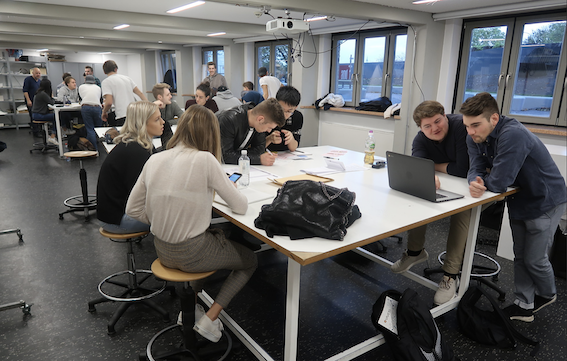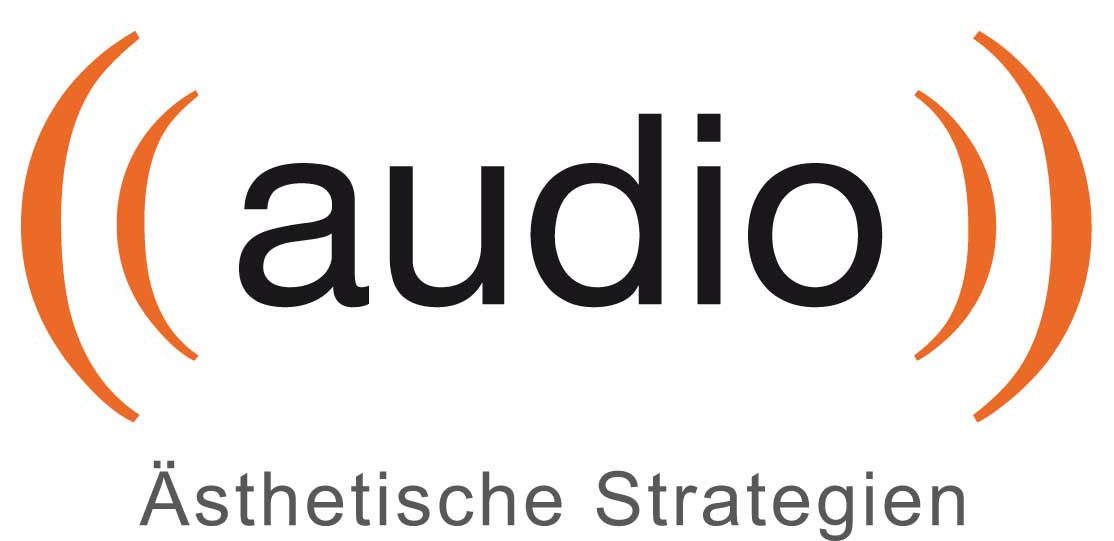by Jan-Alexander Krause
In this summer-semester, the Cross Innovation Class (CIC) will enter its third round. Interdisciplinary teams, consisting of students from different universities, will again tackle challenges from the practical area of the creative industries. Together with various companies, the project groups work on concrete solutions that combine technology and software with design and sound. The main topic for the inter-university student project in the summer semester 2021 is Smart City & Urban Tech.
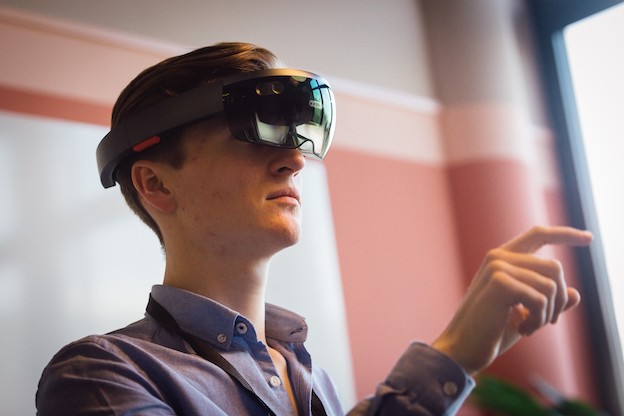
Creative, innovative, interdisciplinary
A hands-on approach is the focus of the Cross Innovation Class. Particularly when it comes to developing interdisciplinary skills for a digitalized working world, curricula can be effectively supplemented. The motive of the Cross Innovation Class, as explained on the website of the Hamburg Kreativ Gesellschaft, is therefore the collaboration of universities and companies “in order to jointly tackle concrete challenges from practice over the course of a semester”. The students can even receive academic credit for the work they have done. The Cross Innovation Class is aimed at students of technology, spatial concept, design management, sound, cultural studies, urban planning, media and communication management and digital media.
In addition to the opportunity to gain valuable practical experience, another aim of the interdisciplinary orientation of the Cross Innovation Class is to gain new perspectives. In order to do so, groups of students from different disciplines are formed at the beginning of the semester. They are supervised by lecturers and each group focuses on a problem related to real-life issues. The goal is the implementation of a concrete product solution, which is developed during the semester in an iterative process. This process involves various phases, such as idea generation, prototype development and feedback loops, before the project results are presented at a final public event.
Dates and partners for the Cross Innovation Class in summer semester 2021 will be announced soon. If you are interested or have any questions, please send us an e-mail in advance.
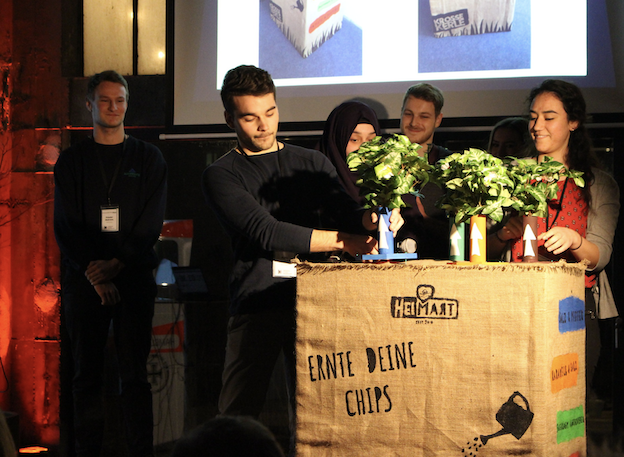
Throwback #wintersemester2018/19
The interdisciplinary student project was carried out for the first time in the winter semester 2018/19. A total of 27 students from various universities with different departments participated – including Wedel University of Applied Sciences (Product Design), Hamburg AMD (Fashion & Design) and Leuphana University Lüneburg (Cultural Studies / Digital Media & Cultural Informatics).
The three practical partners apetito, HeiMart and the Deutsche Gesellschaft zur Rettung Schiffbrüchiger were invited to take part in the first episode of the Cross Innovation Class and presented their challenges related to ‘smart products’ to the students. The Hamburg-based agency BRAWANDRIEKEN Communications GmbH acted as a project partner and mentor for the process, which lasted several months.
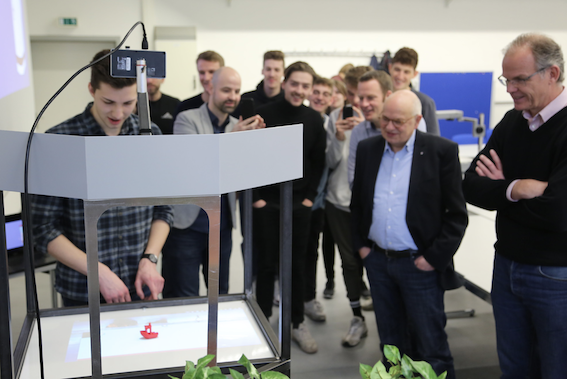
” The German society for the rescue of shipwrecked persons (DGzRS) is with its fleet in the North and Baltic Sea in use. Its work is financed exclusively by donations and voluntary contributions. In order to draw attention to the important tasks of the sea rescue service, the students developed a fully functional prototype of a gaming machine in the design of the sea rescue cruisers. By inserting a coin, young people, in particular, are to be made aware of the work of the sea rescue service in a playful way and the willingness to donate is to be encouraged.
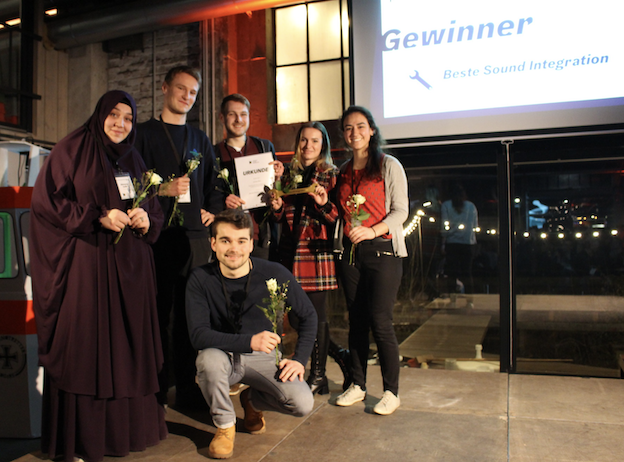
“The Ernte-Box group developed “an interactive point-of-sale display that literally guides the potential buyer to the potato field to harvest the different varieties of chips. The box-shaped prototype is designed in such a way that five different potato plants can be pulled out of the surface, under which the various bags of chips are hidden. When pulled up, the sound of the respective chewing sound of each variety is heard. The integrated sound experience was a testament to the expertise of the Media / Cultural Informatics course at Leuphana University in Lüneburg”.
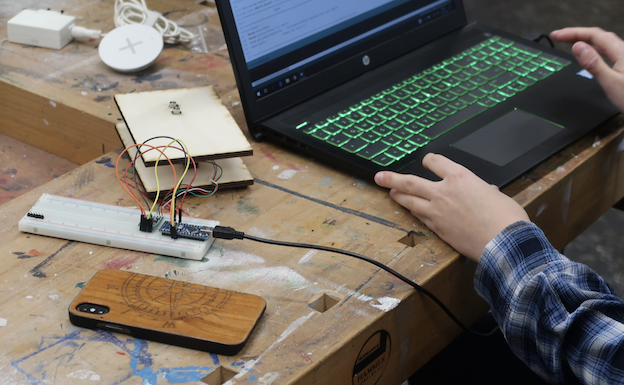
” The apetito AG develops catering concepts for people in different life situations. Two groups of students dealt with the task of developing innovative product solutions that offer customers added value in everyday life beyond the service of food delivery. In the run-up to the development of the prototype, the Tito student team dealt in detail with the problem of dehydration and then developed an intelligent drinking cup that documents the drinking behaviour with the help of a weight sensor and reminds the customer to drink sufficiently and regularly via LED light. This should also give relatives a better overview of their drinking behavior.
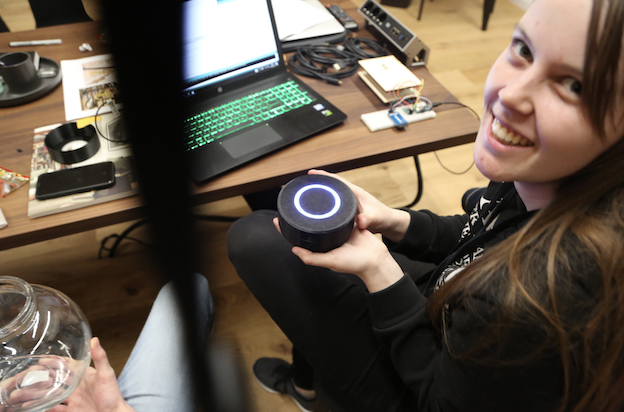
“Team Tavoletta also took an in-depth look at the challenges that older people face in their everyday lives. Their solutions focused on the loneliness and limited mobility of customers and the desire for healthy nutrition. The students were looking for a product solution that would offer more than just the simple delivery of food. To this end, they developed a smart tool that allows seniors to talk to other seniors during meals who are also eating a meal by themselves. But digital networking is not intended to replace personal exchange. So the team supplemented its proposal with an “apeti-together” where seniors can meet for a meal together”.
